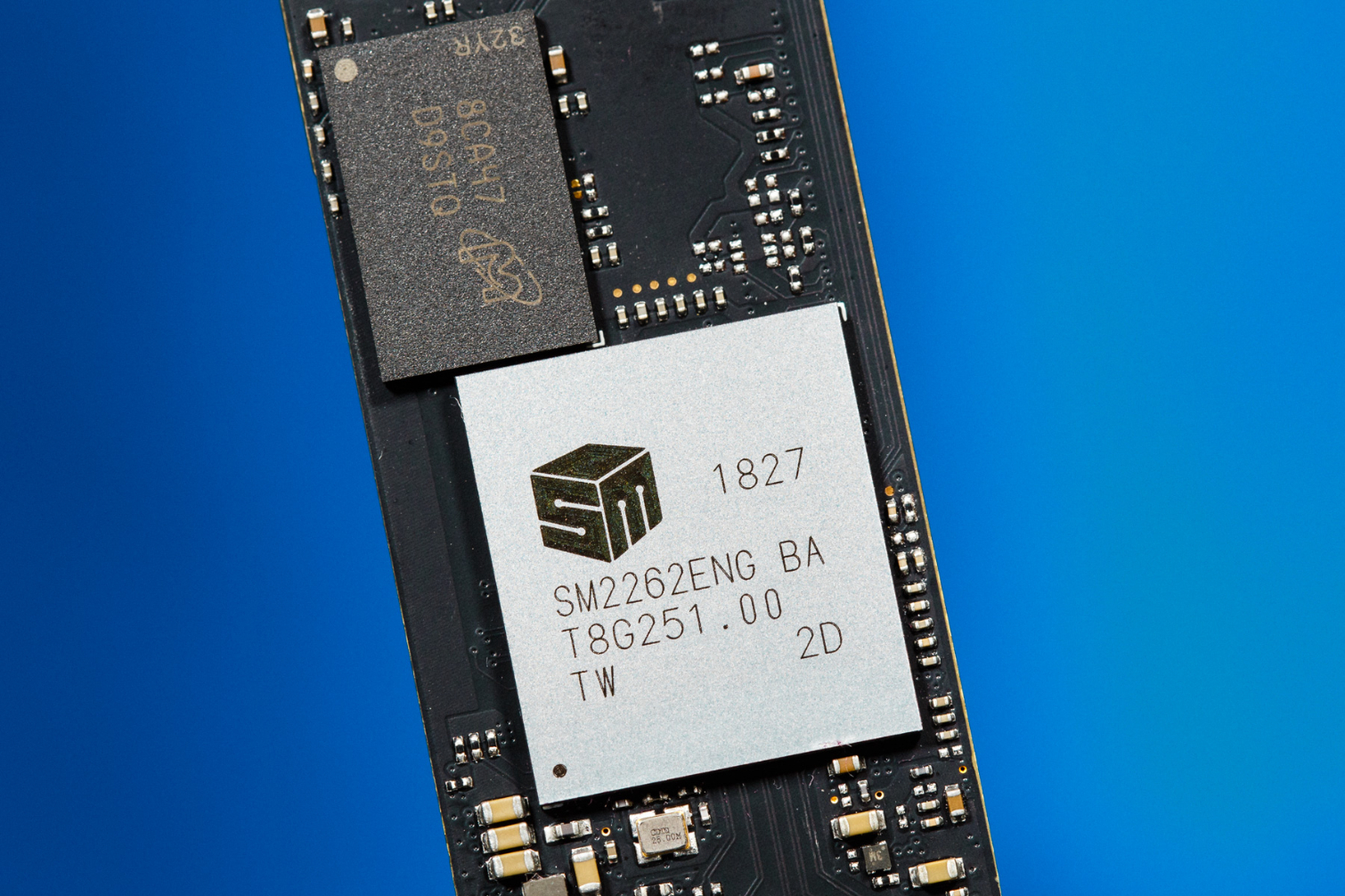HP SSD EX950 NVMe M.2 SSD Review: Geared for Gaming
Why you can trust Tom's Hardware
Conclusion
HP’s SSD EX950 comes into the market as the EX920’s successor. As it is with many new high-performance NVMe SSDs, HP covers the EX950 with a five-year warranty, and to top it off, enough endurance to satisfy the needs of most consumers two to three times over.
Very little has changed from the previous model in terms of looks and packaging. The black PCB is always a welcome sight, but the white sticker on top of the drive detracts from the aesthetic. And the only way to fix that is to remove the sticker and void your warranty, which almost no one wants to do, or throw a heat sink on it.
But what the drive lacks in looks, it makes up for in performance. With Silicon Motions latest SM2262EN controller at its heart, the HP SSD EX950 serves up impressive performance. In our testing, it scored high marks nearly all around, and traded blows with the Samsung 970 Pro and other top performers.
Heavy write workloads can impact the EX950's performance, but this isn't an issue for most users. How often will you be writing more than 300GB at once? Usually not more than a handful of times in the drives' lifetime. But if you do that often, this drive isn't for you. If you need the best in write performance for frequent transfers of large video files or datasets, the WD Black SN750, Samsung 970 Plus or Pro, or even the Intel Optane 905P, are better choices.
The 2TB model did trail the 1TB model in some of our tests. This could stem from the difference in DRAM manufacturer, or simply the way the controller deals with the NAND layout of the high-capacity configuration. Nevertheless, in most real-world uses, the difference is nearly unperceivable.
Overall, HP’s SSD EX950 weighs in from $0.20-0.23 per GB. The 2TB HP SSD EX950 blows the 2TB Samsung 970 EVO out of the water: It is about $150 cheaper and faster across the board.
The EX950 is also at least $30 cheaper than the WD Black SN750 and Samsung 970 EVO and PRO. But the remarkably similar ADATA SX8200 Pro is a better buy at the 512GB and 1TB capacities. It offers better power management and slightly better performance on average. And if you want to save even more at a slight cost in performance and some usable capacity, the MyDigitalSSD BPX Pro is an excellent value choice.
Get Tom's Hardware's best news and in-depth reviews, straight to your inbox.
The Intel 660P still proves to be one of the cheapest NVMe options on the market, albeit at the cost of endurance and sustained write performance. It's still suitable for typical desktop PC workloads, though.
Choosing between so many great drives comes down to how much you are willing to spend for a few extra MB/s here and there, as well as overall endurance. We're caught in a very volatile time in the market. Prices are changing drastically week to week, and HP will have to adjust pricing aggressively. Provided the drive stays within a comparable price of its competitors, we can confidently say you won’t be disappointed if you happen to snag HP’s EX950.
MORE: Best SSDs
MORE: How We Test HDDs And SSDs
MORE: All SSD Content

Sean is a Contributing Editor at Tom’s Hardware US, covering storage hardware.
